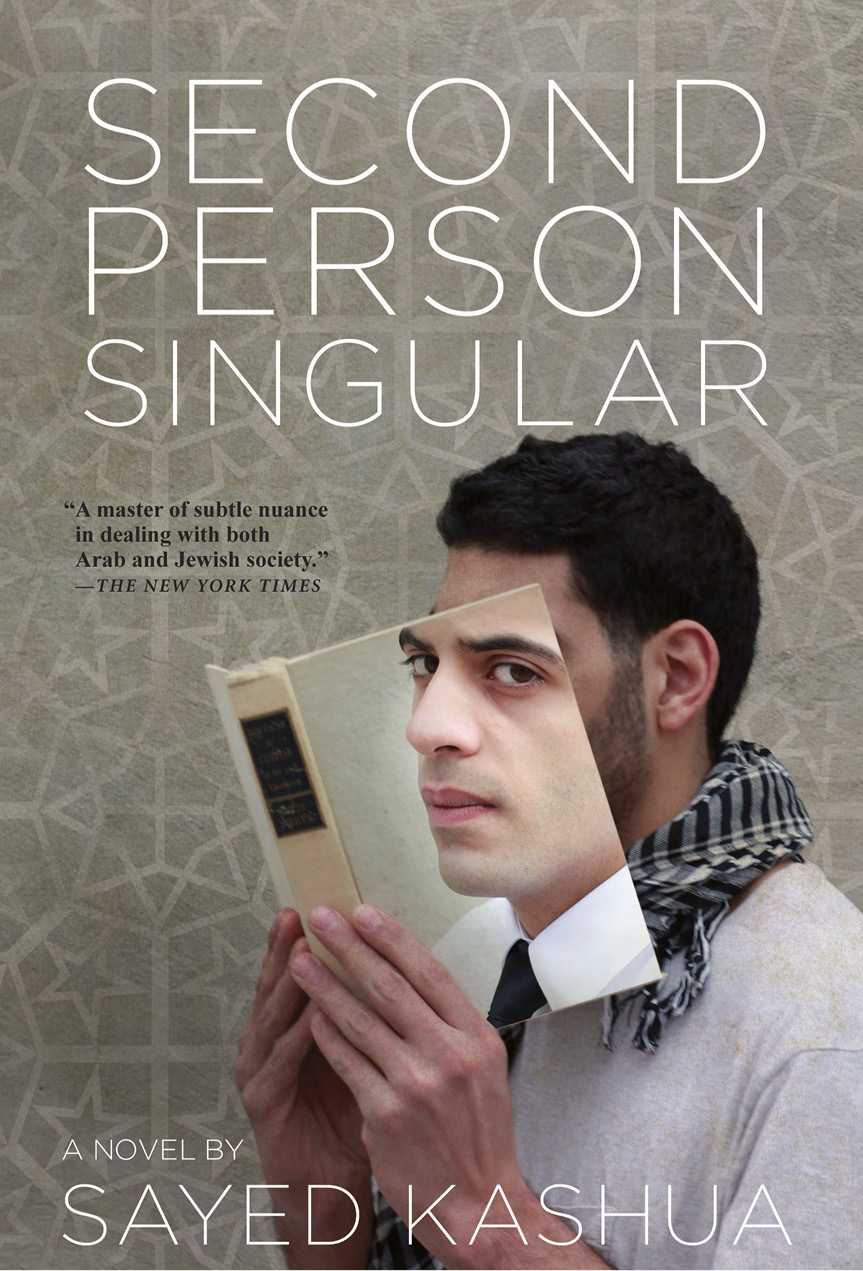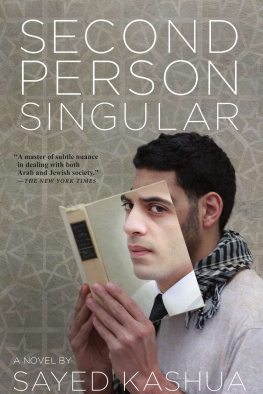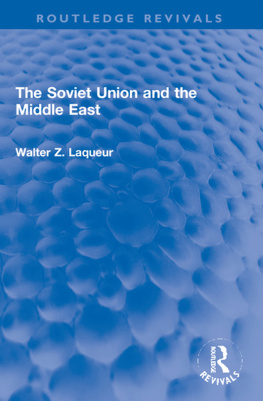
Also by Sayed Kashua:
Dancing Arabs
Let It Be Morning
Second
Person
Singular
Sayed Kashua
Translated from the Hebrew
by Mitch Ginsburg

Grove Press
an imprint of Grove/Atlantic, Inc.
New York
Copyright 2010 by Sayed Kashua
Translation Copyright 2012 by Mitch Ginsburg
All rights reserved. No part of this book may be reproduced in any form or by any electronic or mechanical means, including information storage and
retrieval systems, without permission in writing from the publisher, except by a reviewer, who may quote brief passages in a review. Scanning,
uploading, and electronic distribution of this book or the facilitation of such without the permission of the publisher is prohibited. Please purchase only authorized electronic editions, and do not participate in or encourage
electronic piracy of copyrighted materials. Your support of the authors rights is appreciated. Any member of educational institutions wishing to
photocopy part or all of the work for classroom use, or anthology, should send inquiries to Grove/Atlantic, Inc., 841 Broadway,
New York, NY 10003 or .
Published simultaneously in Canada
Printed in the United States of America
ISBN-13: 978-0-8021-9464-0
Grove Press
an imprint of Grove/Atlantic, Inc.
841 Broadway
New York, NY 10003
Distributed by Publishers Group West
www.groveatlantic.com
To my parents
PART
ONE
THE BRATZ BEDDING
The moment the lawyer opened his eyes he knew hed be tired for the rest of the day. He wasnt sure whether hed heard it on the radio or read it in the newspaper, but hed come across a specialist who described sleep in terms of cycles. Often the reason people are tired, the specialist explained, was not due to insufficient sleep but rather a sudden awakening before the cycle had run its course. The lawyer did not know anything about these cyclestheir duration, their starting point, their ending pointbut he did know that this morning, in essence almost every morning, he rose right in the middle of one. Had he ever experienced what must be the wonderful sensation of waking up naturally, at the tail end of a cycle? He wasnt sure. He imagined sleep cycles like the waves of the sea and himself as a surfer upon them, gliding toward shore and then suddenly, violently, being tossed into the water, waking up with a terror he did not fully understand.
The lawyer was internally programmed to wake up early, and yet, when he had to be in court in the morning, he would set the alarm on his cell phone, even though he knew he would jolt awake before it rang.
The sounds of his familys morning routine floated down to his bed. Or rather, his daughters bed. She was six years old, in first grade, and ever since her birth the lawyer had made a habit of sleeping in her room. As a baby, she woke up often in the middle of the night, in need of nursing, changing, and soothing, and it was at this time that the lawyer first altered the familys sleeping arrangements. The baby slept in a crib in her parents bedroom, alongside her mother, who tended to her, and he slept alone on the floor of his daughters room, on a mattress.
At the time, his wife did not begrudge him this arrangement. She knew her husband needed a full nights sleep in order to function properly at work, and she, enjoying a full year of maternity leave, was not saddled with the difficult and demanding work of a young attorney who was just beginning to establish himself as one of Jerusalems most promising criminal lawyers.
So for two years, the lawyer slept on a thin mattress laid over a Winnie-the-Pooh rug, the bear sailing along in the basket of a hot air balloon, surrounded by four serene, sky-blue, cloud-graced walls and a posse of stuffed animals, some of which were gifts from family and friends, and others, the bulk of the collection, bought by the couple for their firstborn child, who continued to sleep in her parents bedroom alongside her mother. Ever since their daughter had begun to sleep through the night, the lawyer had been visiting his wife several times a week, staying in their bed until morning. Occasionally, his wife would pay him a visit, but he preferred the former arrangement, because the toys, housed on the shelves and in the drawersteddy bears, puppies, and innocent dolls in wedding dressesseemed to peer out at them in fear and astonishment, aghast at the strange ceremony being performed right beneath their noses.
When their daughter turned two, the couple decided it was time for her to make the leap from crib to toddler bed. She was tall for her ageand still is, even today, looming a full head over the rest of her classmatesbut even after buying the new bed, a pink race car that contrasted nicely with the sky-blue walls and the floating clouds, the lawyer continued to sleep in the girls room and she began to sleep on his side of the queen bed with her mother. The lawyers life, though, took a turn for the better with this new stage in his daughters development because the toddler bed came equipped with an orthopedic mattress.
Last year, the couple had a second child, a son. Several weeks after his birth, the couple moved out of their rented apartment and into a duplex that they had built and designed to their specifications. The upper floor consisted of a large living room, a designer kitchen, and two bedrooms, one of which was especially largethe couple enjoyed calling it the master bedroom, a term theyd only recently acquiredand another that had been outfitted for the new baby boy, with sky-blue ceilings and Shrek wallpaper. The girls room was downstairs. It was airy and cream-colored, with a matching bed, desk, shelves, and a spacious purple-and-cream closet. The bottom floor also had a bathroom, a small storage room, and an office, the lawyers sanctuaryan antique mahogany desk, a gift from one of his clients, dominated the book-lined room.
The move to the new house did not alter the couples sleeping habits. Their son was still an infant and his mother preferred that his crib be near her bed, and their daughter, despite all attempts to convince her otherwise, was scared to sleep alone in her room. The lawyer and his wife, sensitive to her fear of being alone on the bottom floor, suggested that she sleep on a mattress in her brothers room. She agreed, but nearly every night she woke up terrified and ran straight to her parents room. And that is how the lawyer found himself back in his daughters bed. Not that he minded. At the end of the day, the lawyer preferred sleeping alone.
The lawyer heard his wifes shrill voice ordering their daughter to wash her face and brush her teeth. Her quick and cantankerous steps reverberated through the ceiling. Why does she walk like that? he wondered. It was like she was making a point with her feet. Boom, boom, boom. Red Army soldiers on parade. How should I know where your hair scrunchies are? he heard his wife yell. Maybe next time you should be a little more careful with your things. Youre not a baby anymore, you know. Lets go. Quick. Downstairs, get dressed, and make sure you have all your school books. Too bad. No hair scrunchies. Youll make do. Lets go. I dont want to hear another word. Im late.
The lawyer recognized his daughters chastened steps on the wooden stairs and the sounds of his wife, blowing her nose in the bathroom and spitting as she brushed her teeth. He thought about his wife, about the noises she made, and wondered if there was a way to tell her how awful it sounded. He was sure that, if she knew, she would change her ways. The toilet seat came down with a thud and his daughter pushed open the door to her room. Her eyes, as he expected, seemed to be seeking shelter from her mothers scolding.
Next page












